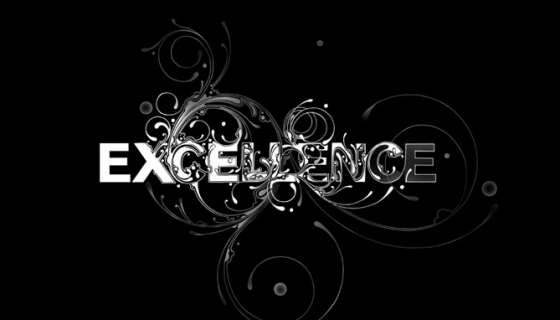“Men seem to have a mental file drawer where they can store unpleasant experience. Open it up, drop it in, slam it shut. Done.” One of my friends was talking about her own experience in her marriage, and wondered if I agreed.
Well, it’s complicated. I do think that in western culture, men are expected to be problem solvers: movers, shakers, thinkers. This is what it takes to succeed in a market economy, where competition for work and other resources parallels the competition for food, shelter and safety of our earliest human ancestors. This ability to compartmentalize their lives? I see it as a psychological defense. Men are taught early in life that boys don’t cry, that when in pain they should shake it off, and that they need to be prepared to bring themselves, if not their families, and their communities to the front lines of life’s battles every day. And if their life battle isn’t a literal one, it certainly is core male metaphor.
That old saw, biology is destiny, is rather real. Men don’t bear children; women do. And women’s bodies and brains have for tens of thousands of years shaped women’s experiences of themselves as child bearer, child protector and nurturer. Women’s brains (recent fMRI imaging bears this out) have been primed to first see the world through relationship and emotional perspective. Men have brains that have developed to give a stronger preference to problem solving.
No wonder we can have trouble talking to and with each other. Women complain that their men don’t listen to them; that they simply hear every conversation with their partner as a plea for information, solution or fix. Men complain that they don’t know what their women partners want from them, if it isn’t what they are naturally good at.
I see this difference in my work as a therapist, but I see it as much through a cultural and family lens as I do a biological or neurological one. Yes, human beings have had gendered roles around children and family life as long as we have recorded history. Yes, we inherit strong personality traits from our parents, who themselves have inherited similar traits from their families. Yes, our culture has deep, anxiously held gender meanings for men (witness the current chaos that transgendered or gender-queer youth have when trying to play high school sport of their gender preference, not their biology) and you will begin to understand how hard it is for men to be really comfortable with their emotional lives.
But men, like women, are people. And we human beings all have these biological responses to the world called emotions that give us information and neurological action split seconds BEFORE our brains kick in to gear with thinking. Men are just taught to rush through them to get to their preferred way of being, thinking. Women are encouraged by biology and culture to notice emotion and better integrate it into their thought.
How can we get through this gendered issue to a better, more satisfying way of being with each other? I teach my clients to reach for their emotional reactions first. I ask men to think about looking for their female partner’s emotional experience, to respond to that, before they begin to problem solve. “Empathy first,” I intone, time and time again. And for women, I teach them tolerance for their partner’s (perceived) emotional dismissal, and patience as they must ask time and time again for their husband to listen and understand them first before they tell them what they ought to do.
We are in this together, men and women. We are all emotional beings, whose preferences with those experiences seem to differ fundamentally. But we are also creative, plastic, changeable beings, too. We can learn to better dance together. Couples who have adjusted to one another in this fundamental way can find a continuous, subtle joy in talking with and sharing life with each other.

